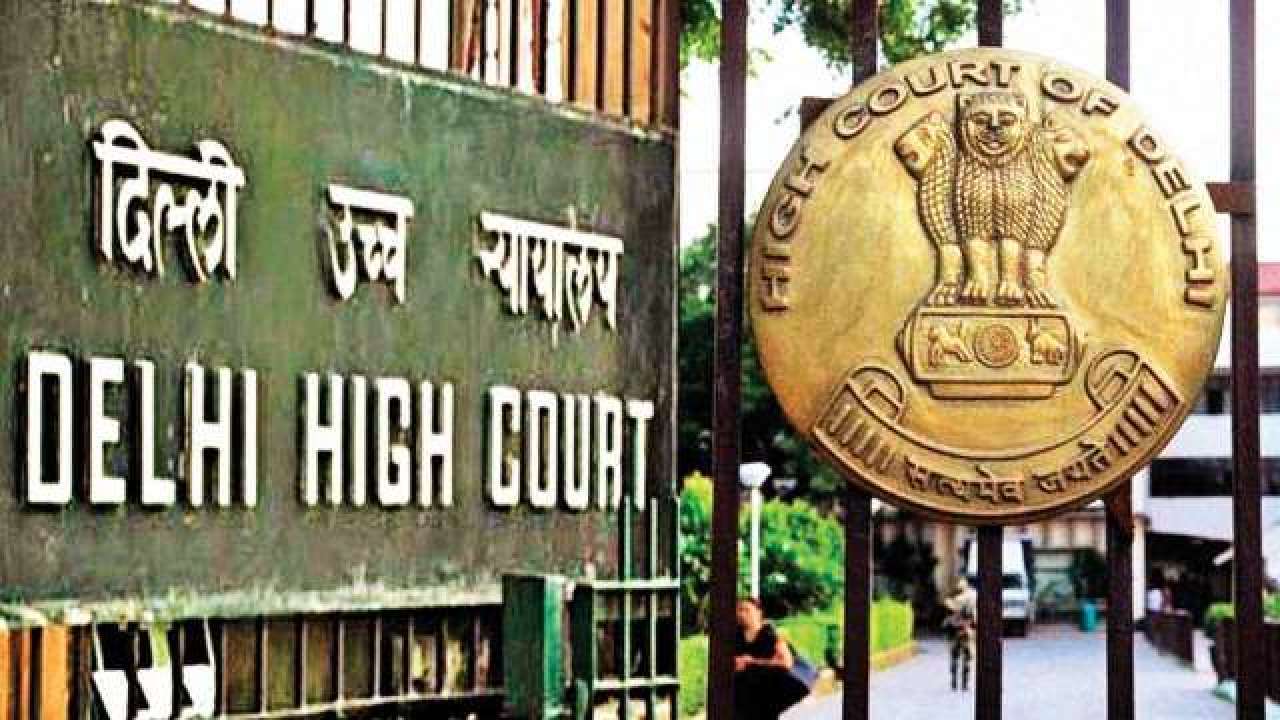The right of a person in detention to consult a legal practitioner of his choice is a right guaranteed by the Constitution of India and it is not open for the State to dilute this constitutional right on the ground that no purpose would have been served even if such consultation is permitted. This was held in SHIFA-UR-REHMAN v. STATE OF N.C.T. OF DELHI [W.P. (CRL) 1347/2020] in the High Court of Delhi by a single bench consisting of JUSTICE VIBHU BAKHRU.
Facts are that the Petitioner is the President of the Alumni Association of the Jamia Milia Islamia. He was arrested in connection with FIR under Sections 147/148/149/120-B of the Indian Penal Code, 1860 registered with the Crime Branch after which offenses under Sections 13/16/17 & 18 of the UAPA were also added. Additional Sessions Judge had allowed the respondent‘s application under Section 43D UAPA and extended the period of investigation and detention.
The counsel appearing for the Petitioner submitted that the order is violative of Article 21 and has been passed in violation of the principles of natural justice as the petitioner had been deprived of his right to consult his lawyer and make any meaningful submissions to oppose the State‘s application for extension of time to complete the investigation. He submitted that the petitioner had been deprived of the copy of the application and thus was not given a fair opportunity to be heard.
The ASG, appearing for State submitted that the petitioner had no right to be heard to oppose the application seeking extension of time for completion of the investigation and consequently, extending the period of custody. He submitted that even in cases where it is found that the principles of natural justice have been violated, it is not necessary that the orders passed in violation thereof can be interfered with.
The court made reference to the judgment of Apex Court in Subedar v. State of Uttar Pradesh, wherein the following observations were made, “It is well accepted that right of being represented through a counsel is part of due process clause and is referable to the right guaranteed under Article 21 of the Constitution of India. In case the Advocate representing the cause of the accused, for one reason or the other was not available, it was open to the Court to appoint an Amicus Curiae to assist the Court but the cause, in any case, ought not to be allowed to go unrepresented. In the circumstances, we have no other alternative but to set aside the judgment passed by the High Court and to restore Criminal Appeal No.2798 of 1988 to the file of the High Court to be disposed of afresh.”
The court also made reference to the judgment of P.D. Agrawal v. State Bank of India and Ors., wherein it was held that, “…The Court has shifted from its earlier concept that even a small violation shall result in the order being rendered a nullity. To the principle/doctrine of audi alteram partem, a clear distinction has been laid down between the cases where there was no hearing at all and the cases where there was mere technical infringement of the principle. The Court applies the principles of natural justice having regard to the fact situation obtaining in each case. It is not applied in a vacuum without reference to the relevant facts and circumstances of the case. It is no unruly horse. It cannot be put in a straitjacket formula.”
Considering the facts of the case and keeping in mind the provisions of law applicable. The Court held that it is not feasible to now put back the parties in the same position to be heard afresh. The charge sheet has been filed and the petitioner has been informed of the case against him. Since it is the petitioner‘s case that he had not been granted full opportunity of a hearing as he did not have the benefit of consulting his Advocate, the only relief that could be granted is to ensure that he has such access. Thus disposing of the petition.


